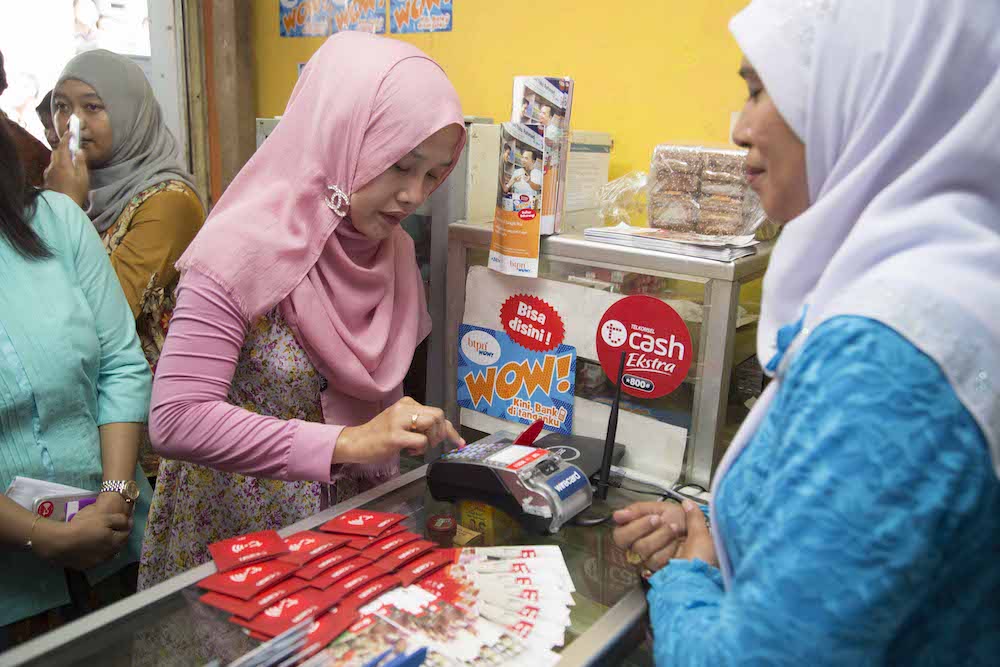To Serve the Poor Better, Financial Systems Need to Talk to Each Other: Announcing a New Research Agenda on Interoperable Payments

Imagine receiving your wages or a cash transfer directly into your bank account, but not being able to then transfer part of that money to your husband to pay for groceries, even though he lives under the same roof because his account is with a different bank. Imagine then not being able to use a debit card or mobile app to pay for gas, even though the station accepts digital payments because the gas station owner uses still a different bank. It’s no wonder that millions of people in this very situation would find using cash to just be easier. The inability of two financial institutions to talk to each other means that they are not interoperable. Interoperability matters for the development of a broader digital finance ecosystem, so that people use their formal financial products, in the same way, they would have to transact in cash.
In theory, interoperability benefits a diverse set of stakeholders. For consumers, it means you can spend money somewhere where your bank isn’t the dominant local one. It empowers women, allowing them more functionality out of their accounts, enabling them to send/receive across different networks, pay school fees directly into school accounts at other financial institutions, undertake household purchases at merchants on different networks, undertake e-commerce transactions, amongst others. It creates more opportunities for users to transact digitally by providing access to a larger merchant network. Similarly, interoperability enables small businesses to make & receive payments across different providers. When markets become interoperable, new providers and smaller players can gain access to an existing consumer base of mobile money, fostering new competition, while existing providers are encouraged to innovate and construct a variety of use cases to serve their users.
Over the next three years, the Financial Inclusion Program (FIP) at Innovations for Poverty Action (IPA) will be evaluating interoperable payments systems to answer key questions to aid decision-making around the design and impact of these complex payment systems. While such payment systems are being implemented in many countries, there remain considerable knowledge gaps. IPA, which has a goal of creating evidence around development outcomes, will aim to bridge these knowledge gaps, specifically around the fee charged for payment transfers to different networks, how best to persuade financial institutions, merchants, and other supply-side stakeholders to join the payments system, what broader economic benefits are generated, and other areas of importance which will be identified during the course of this project.
What We’re Doing Now
Freeing up the way money can flow between people, between banks, between buyers and sellers, and across all of these groups will likely have many impacts, and learning how to do this correctly is critical. To better understand all players’ perspectives, we will partner with central banks, financial service providers (FSPs) like consumer banks and mobile money providers, fintech companies, and donor agencies in multiple countries. We will help coordinate decision-making and ensure there’s a strong learning agenda as new systems are implemented, providing technical assistance on monitoring and evaluation (M&E) and helping collect data through IPA’s Right-Fit Evidence Unit.
What We Hope to Do
Over the next three years, FIP will undertake a total of seven to eight research studies. To get interoperability right means understanding how it works across the economy, to ensure that implementers around the world can let people can use their money digitally just as easily as they use cash.
If you are interested in partnering with us on research or to receive technical assistance, please reach out to financialinclusion@poverty-action.org.












